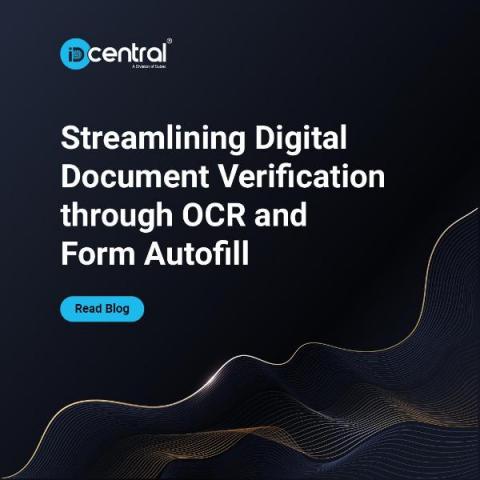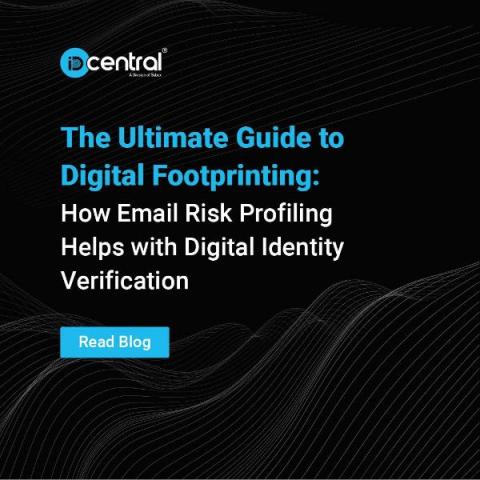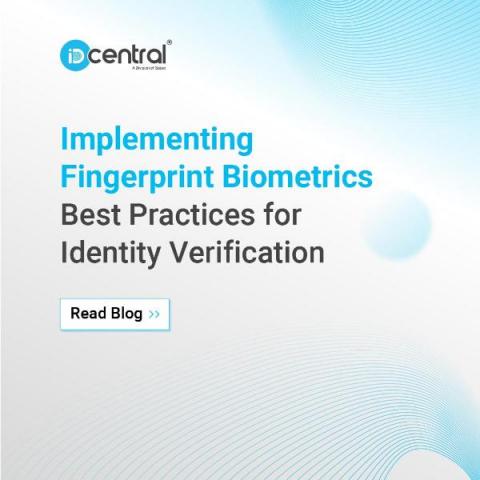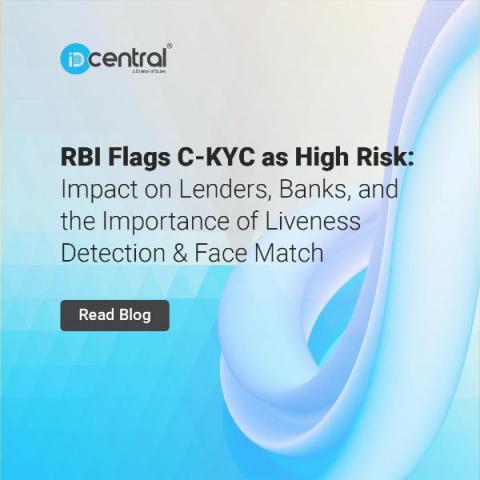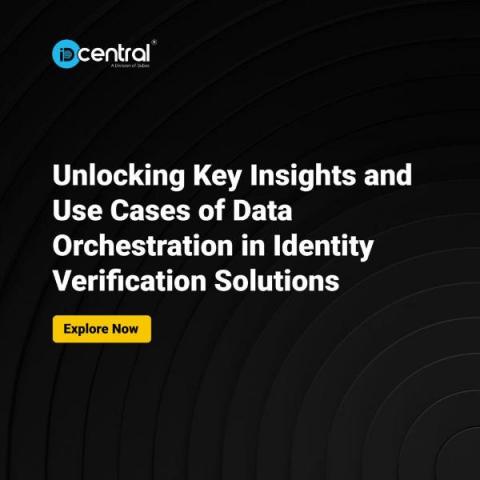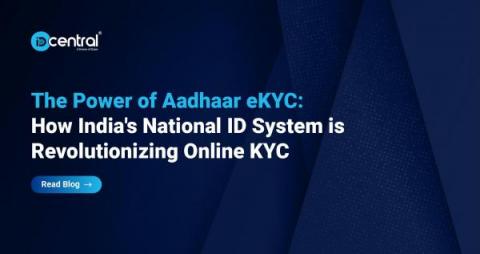Corporate KYC: How to Verify and Onboard Businesses
Corporate KYC, also known as KYC of Company, is the process of screening a business or corporate body and its beneficiary owners for AML/KYC compliance. This blog article will teach you about KYC Requirements for Corporates, the Corporate KYC process, what information a corporate client must submit, and how corporate KYC procedures may be automated using simple technologies.




